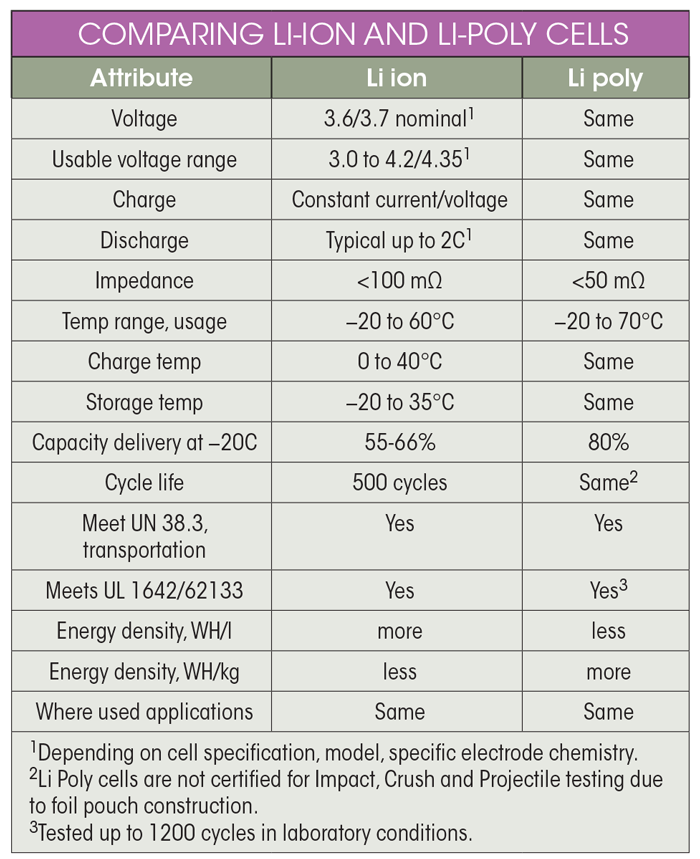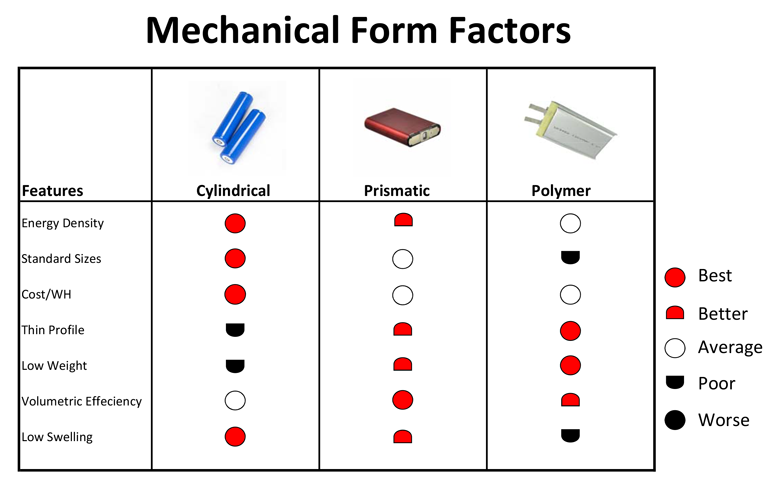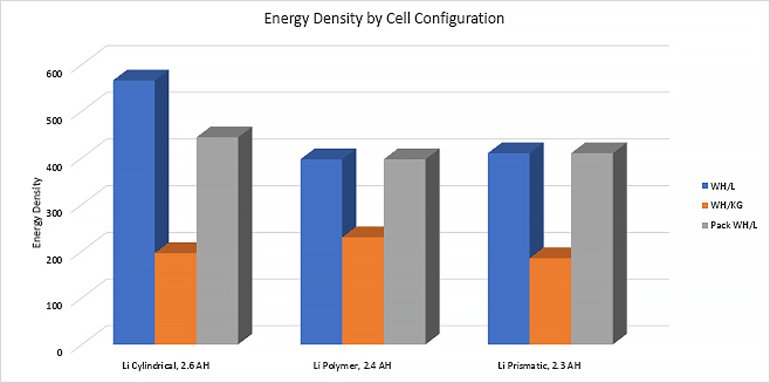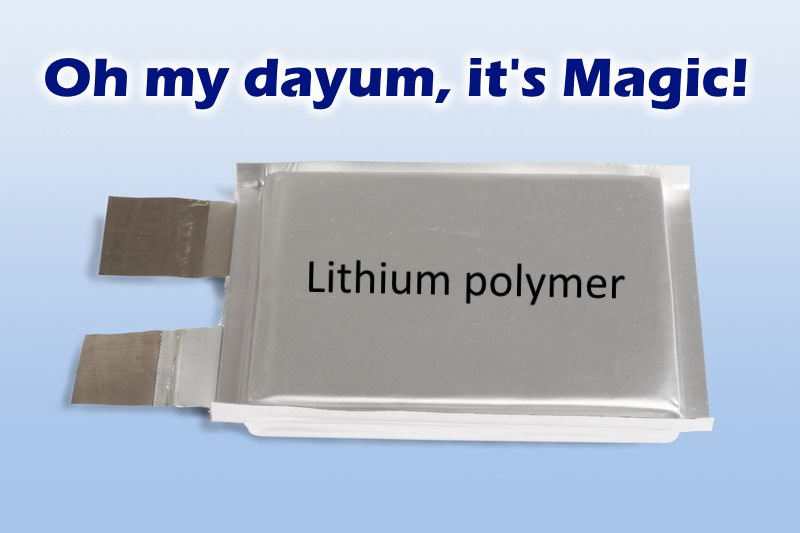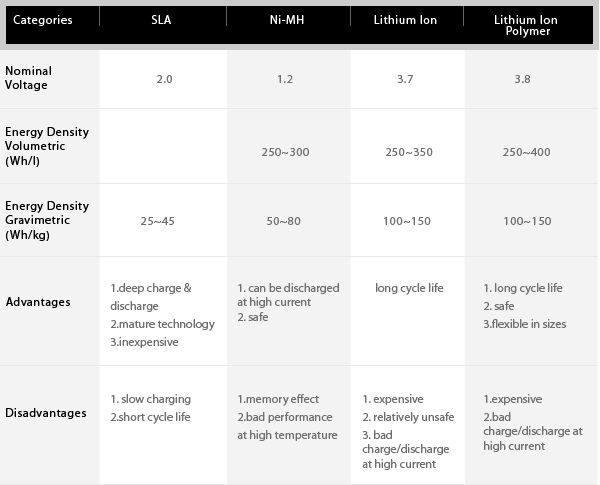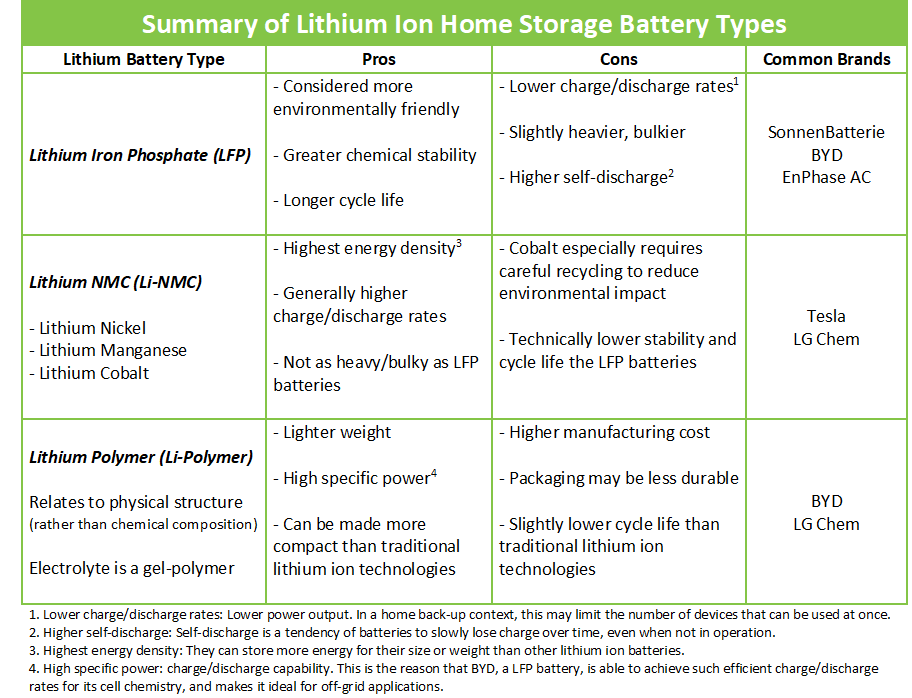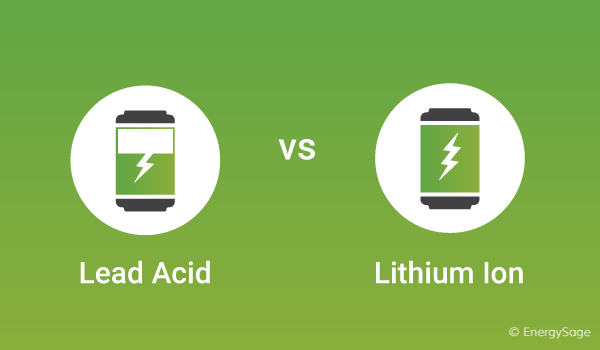Li Ion Vs Li Polymer Battery Performance
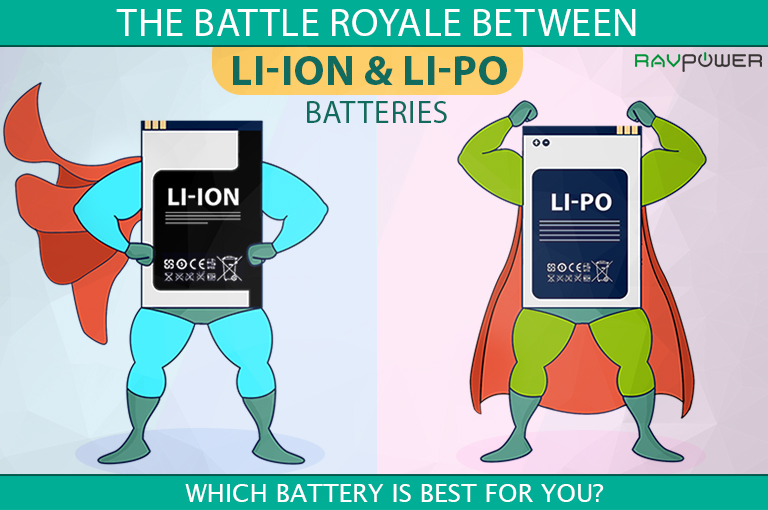
A lipos battery also called lithium ion polymer battery operates on the principle of lithium ions intercalation and de intercalation from a positively charged electrode material as well as a negatively charged one and the liquid electrolyte provides a conductive medium.
Li ion vs li polymer battery performance. Many factors from thermal stability to lifetime come into play in the. Key differences both battery types have their pros and cons. On the other hand lithium polymer batteries also known as lipo have evolved from li ion batteries and follow the same design. For making the battery conductive at room temperature nowadays the type of electrolyte in the manufacturing of most lipo cells is a gel while a microporous separator replaces the traditional one.
Note flexible casing and the 3 7v rating. Summary lithium ion vs lithium polymer. It has already made its way into the subaru prototype g4e doubling energy density. Lithium ion battery is a form of rechargeable batteries we commonly use for portable electronics and electric vehicles.
There are various arguments in favour and disfavour of li ion and lipo types of batteries. Meanwhile the most significant difference between lithium ion and lithium polymer batteries is the chemical electrolyte between their positive and negative electrodes. Lithium vanadium phosphate battery. Li ion batteries have more capacity than li polymer and have an even larger size than li po.
Into existence in the 90s. Generally speaking lithium ion batteries offer the highest capacities at the lowest prices. Lithium ion vs lithium ion polymer batteries. Lithium ion battery from wikipedia.
The difference between li poly over li ion is the fact li poly has a slightly higher amount of energy density and the materials used allowing it to be shaped differently than li poly. This real lithium polymer battery type is still more or less in the experimental phase. Lithium vanadium phosphate lvp battery is a proposed type of lithium ion battery that uses a vanadium phosphate in the cathode. Designers opting for a lithium chemistry can choose from traditional cylindrical prismatic li ion or the li poly pouch.
Consider that li ion is the wider class of battery chemistries while li po lithium polymer is a subset of li ion batteries where the electrodes are made with a polymer film and not of metal.


